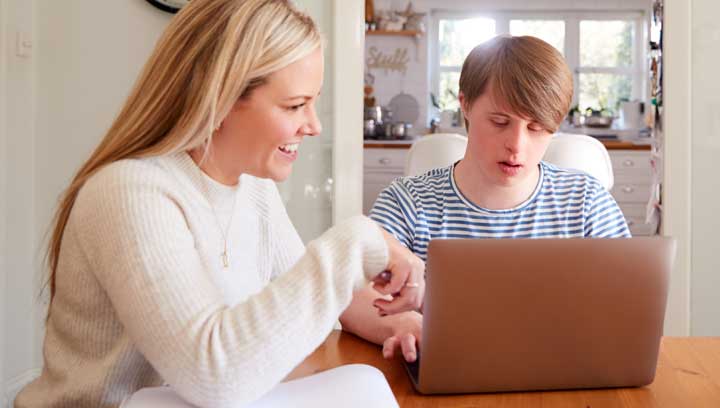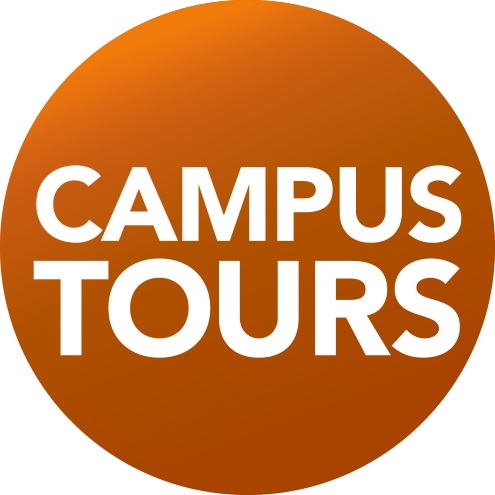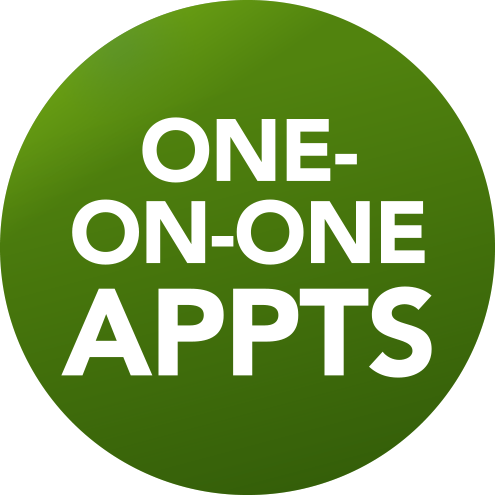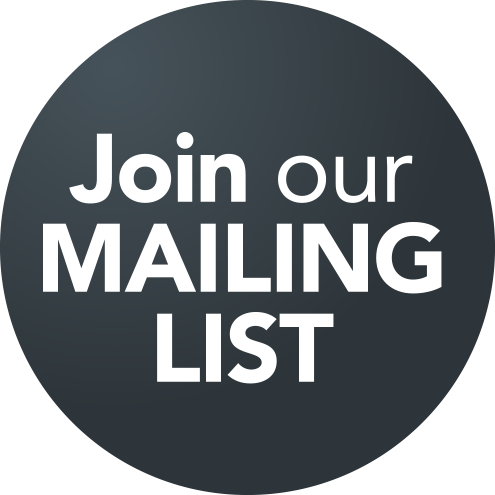
Better the lives of others with a career as a child and youth care practitioner
Child and Youth Care Ontario College Advanced Diploma program
Practise your skills in our interactive simulation labs. Cutting-edge community placements. Graduate job-ready or pursue further studies.
Program information
Program description
Support children and youth who experience social, emotional, and behavioural needs that may be associated with mental health challenges, trauma and abuse, cognitive and developmental issues, and involvement with the child welfare and justice systems. Child and Youth Care practitioners assist children, youth, and their families in various settings to build on strengths and facilitate positive change while navigating challenges. Students explore, practice, and demonstrate a variety of evidence-informed therapeutic prevention and intervention strategies based on an understanding of risk and resiliency, relationship development, equity and inclusion, human development, family systems, and exceptionalities. The program offers hands-on interactive learning, community service initiatives, social innovation, and changemaking opportunities.
Intake information
| Start date | Campus |
|---|---|
| Fall 2026 | Barrie |
Tuition and fees
- Visit our tuition and fees page for detailed information on the cost to attend Georgian.
- You can afford this! Explore OSAP as well as awards, scholarships and bursaries to help you pay your way to graduation.
Work-integrated learning
- This program includes a field placement component where you’ll gain hands-on experience in a setting relevant to your program.
- Learn about types of work-integrated learning at Georgian.
What are the admission requirements for the Child and Youth Care program?
Child and Youth Care admission requirements
- Ontario Secondary School Diploma (OSSD) or equivalent, or mature student status
- Grade 12 English (C or U)
Applicants with previous postsecondary education such as a degree or diploma from an accredited university or college in the area of Human Services, Education, Interdisciplinary Studies, Social Sciences, Psychology or Sociology can apply transfer credits to the program upon evaluation.
Mature students, non-secondary school applicants (19 years or older), and home school applicants may also be considered for admission. Eligibility may be met by applicants who have taken equivalent courses, upgrading, completed their GED, and equivalency testing. For complete details refer to: www.georgiancollege.ca/admissions/academic-regulations/
Pathways
Applicants who have taken courses from a recognized and accredited post-secondary institution and/or have relevant life/learning experience may also be considered for admission; refer to the Credit for Prior Learning website for details:
www.georgiancollege.ca/admissions/credit-transfer/
Criminal Reference/Vulnerable Sector Check
Placement agencies require an up-to-date clear criminal reference check and vulnerable sector check prior to going out on placement. Students should obtain their criminal reference three months prior to placement; checks conducted earlier may not be considered current. As some jurisdictions require longer lead-time for processing, please check with the program coordinator to ensure you allow for sufficient turn-around time. It is the student’s responsibility to provide the completed document prior to placement start.
NOTE: A record of criminal offences, for which a pardon has not been granted, may prevent students from completing their placements, thereby affecting their ability to graduate.
Additional information
Applicants may be asked to provide community agencies with proof of completion of Standard First Aid and CPR Level C certification, Crisis Intervention certification, as well as an up-to-date immunization record with a two-step TB test in some circumstances to proceed with field placement. Students are required to review agency requirements provided by the field placement office. Proof of completion of the Ontario Ministry of Labour Health and Safety Awareness training must also be provided before proceeding on field placement.
What career paths can I take in child and youth care?
Your Child and Youth Care diploma gives you many career opportunities
Child and Youth Care practitioners engage and work with children, youth and their families across a wide variety of settings including:
- public and private schools
- mental health and treatment centres
- group care and child welfare
- community programs
- foster care agencies
- day and live-in treatment programs
- youth detention centres
- community-based child and youth development programs
- early intervention programs
- recreational programs
- advocacy programs
- psychiatric centres
- rehabilitation programs
- mental health centres within hospitals
- home-based care, respite and treatment
- private practice
What courses are included in the Child and Youth Care diploma program?
Course overview
20 Program Courses
1 Communications Course
3 Field Placements
3 General Education Courses
Program-specific courses
Semester 1 courses are listed below. For a full list of courses in the program including course descriptions, view the Child and Youth Care program outline.
- CYWK 1007 – Child and Youth Care Practice
- CYWK 1015 – Child and Adolescent Development
- HUMN 1008 – Success in Human Services
- HUMN 2004 – Interpersonal Skills
- COMM 1016 – Communication Essentials
- Select 1 course from the general education list during registration.
Your course delivery method(s)
Hybrid
This program has a hybrid delivery method. Some parts are online and other parts are delivered in person. You’ll need to come to campus for part of your program.
Please note, delivery methods are based on planning for the upcoming semester and are subject to change.
Check out our other related programs
Early Childhood Education
Enjoy engaging faculty. Experience exciting, project-based classes. Choose a variety of hands-on experiences in the ECE field.
Developmental Services Worker
100% graduate satisfaction. Small class sizes. Caring, knowledgeable faculty. Lots of hands-on learning. Active community partners/employers.
Honours Bachelor of Counselling Psychology
Broad range of counselling theories and techniques. Promote mental health in diverse populations. Strong foundation in research and theory. Field placements to practise skills.
Community and Justice Services
Knowledge is built upon a foundation of strong experiences. Learn from experts and build the skills to change your community.
Do you have questions about Child and Youth Care? Contact us!
Thinking about applying to Georgian?
Contact our student recruitment team to explore your study options.
Already applied to Georgian?
Connect with the Office of the Registrar for admissions-related questions.
Are you an international student?
Contact our international recruitment team to learn more about studying at Georgian.
Ways to connect
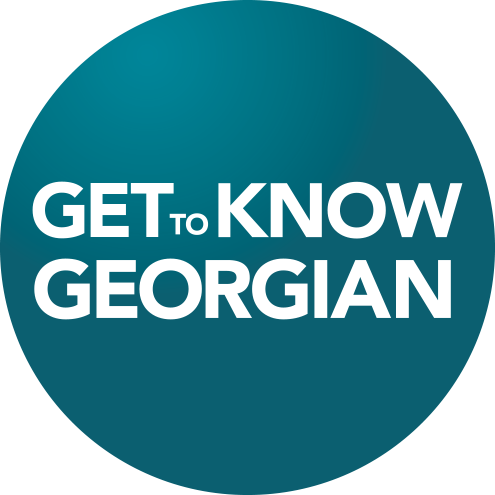
Visit us at our Get to Know Georgian event on March 3
Learn more and RSVP
Take a guided, in-person tour
of our campuses.
Book a campus tour.
Book a phone appointment
with a recruitment specialist.
Connect with a recruiter.
Join our email list for event updates, contest information and more.
Sign up for Georgian updates.


